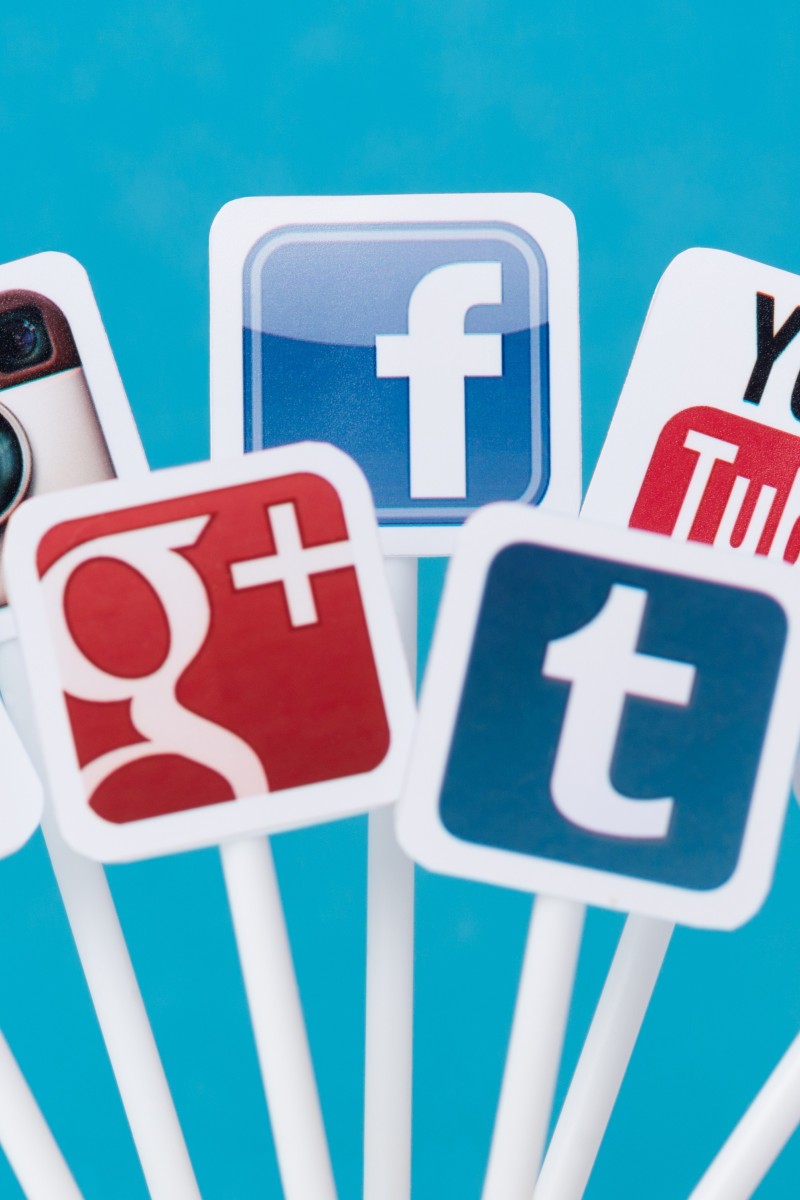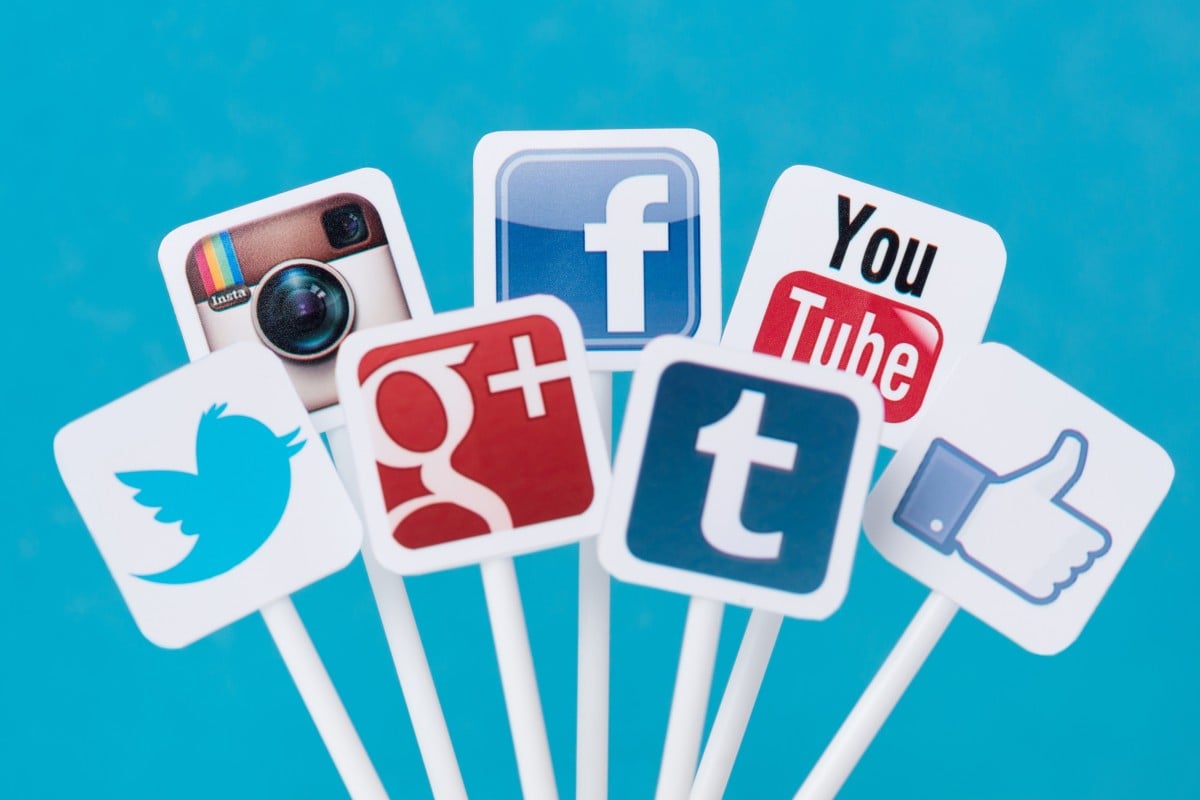
A psychologist's expert tips on how to have a healthier relationship with social media
- Ever felt like everyone on social media has a better life than you? Here’s how you can deal with the pressure
- Remember that people only show their best online, and there's more behind the scenes


In the age of social media, we may find ourselves measuring our own worth by the number of virtual “likes” we receive, or by how many Facebook friends we have. To get those likes and friends, we feel the need to present the best versions of ourselves. But, when all we see are images depicting a perfect lifestyle, we’re only seeing – and telling – half the story, and destroying our self-esteem in the process.
Young Post is working with psychologist Dr Andrew Adler to bring our readers the best advice on how to deal with teen pressures. We asked him to explain the impact social media can have on teens.
“Social media can significantly affect a teenager’s psychological well-being, increasing their feelings of self-doubt and insecurity,” said Adler.
5 social media detox tips that will make you want to switch off your phone and go outside
“One way a teenager may be negatively affected is from posts that threaten or shame them – and these posts are often a form of cyberbullying. But the second way that social media may affect a teenager is by decreasing their self-esteem. Many teenagers compare themselves to other social media users,
both in terms of appearance and accomplishments.
“It’s very worrying when teenagers believe that they are inferior to their peers.”
While we can’t change this social media culture overnight, we can protect ourselves from its harmful impact. Here are some tips on how to deal with social media pressures.
How social media is harmful to teenagers and how young Hongkongers cope with it
Take a break
Being constantly confronted with images of people living seemingly perfect lives can be mentally exhausting. While it’s easier said than done, sometimes the best way to deal with this is simply to switch off. Put your phone down for a few hours a day and focus on other meaningful activities, such as spending time with loved ones, working, or just relaxing.
“As difficult as it may be to do so, taking a break from social media can ease the pressure to live up to the idealised versions of reality we see in online posts … it also allows teenagers to strengthen existing friendships and develop new ones in the real world, rather than the virtual one. Spending face-to-face time with friends almost always increases genuine social and emotional bonds, for example.”
Value your own strengths
Getting all your thoughts and ideas down on paper can help you see them more clearly, so why not make a list of all your best traits; having something you can refer to when you’re feeling insecure can be a great confidence-booster. “Writing a list of your greatest strengths and reviewing them regularly is a highly effective way of protecting yourself from any negative thoughts and feelings,” said Adler.
I suggest reviewing this list several times a day and, if it can be done privately without embarrassing yourself, saying the strengths aloud. The impact of hearing yourself repeat these strengths, whether to yourself or aloud, can be tremendous.”
Face Off: Does social media bring people closer together?
Compete with yourself, not others
The only person in the world you need to compete with is yourself. Reminding yourself of this on a regular basis will help to reinforce the idea, until you gradually feel less insecure.
“Setting your own goals instead of basing them on comparisons with others is really important for healthy personal development,” said Adler. “The reason it’s dangerous to compare yourself with other teenagers is that everyone has different strengths and weaknesses.
“By setting goals that are based on our current and desired successes, we can avoid the trap of making negative comparisons with others.”
Andrew Adler, Ph.D., Advisor
Licensed Psychologist (US)
Doctorate in Clinical Psychology, Yale University
andrew@adlerfamilycentre.com.hk
+852 9386 5104
